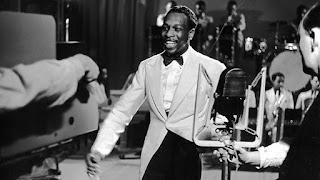Eighty years ago, Churchill christens his second battle of the war and the Blitz claims a famous victim
Churchill christened his second battle of the war and it may well have been the more important one. In the Battle of Britain the Germans had failed to gain air supremacy over England; had they won it would have made an invasion possible, but not necessarily inevitable or inevitably successful. If the Germans had won the Battle of the Atlantic, as Churchill named the conflict between German U Boats and long range bombers on one side and merchant shipping to Britain and its air and sea escorts on the other, Britain would have been unable to go on fighting. Unlike the very public designation of the Battle of Britain, the term Battle of the Atlantic first appeared in a confidential directive, which Churchill signed as Minister of Defence. The Directive gave full priority in supplies of anti-aircraft weapons to the ships and promoted catapult-armed merchant vessels to provide air cover, but otherwise it was light on detail. One public result of the directive was to give the Admiralty formal control of British dockyards.
Without the ability to ship supplies across the Atlantic, it would not have mattered that President Roosevelt had secured the passage of his Lease-Lend Bill through Congress despite ferocious opposition from the powerful isolationist forces in US politics. The Bill secured healthy majorities in both houses – 260 to 162 in the House of Representatives and 60 to 31 in the Senate, including a dramatic last-minute change of heart by one Republican Senator, Lodge of Massachusetts, who had steadily campaigned against the Bill, but had been swung by the assurance of the Chief of Staff that the measure was needed to support US rearmament. General Robert E. Wood, Chairman of the isolationist America First Committee, praised the Senators who had voted against the Bill, declared that his committee too would continue to "its fight to keep America out of the war."
The fashionable West End basement night-club, the Café de Paris, was hit by two German bombs. Mercifully it was relatively early in the evening, otherwise the club would have been far fuller as it was a Saturday night. The club had dropped its prices and shed its pre-war exclusivity, attracting many service men. 34 people were killed and many injured. The dead included the Guyanese band-leader Ken “Snakehips” Johnson, one of the leading lights of 1930s swing music.



Comments
Post a Comment